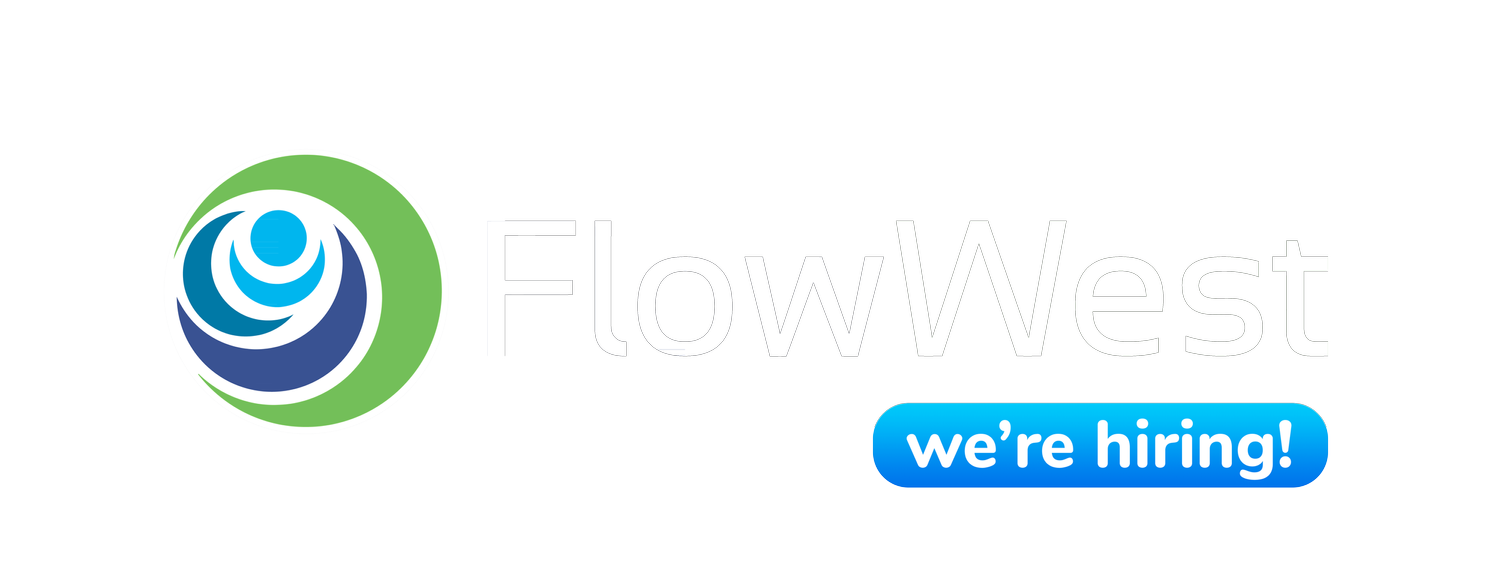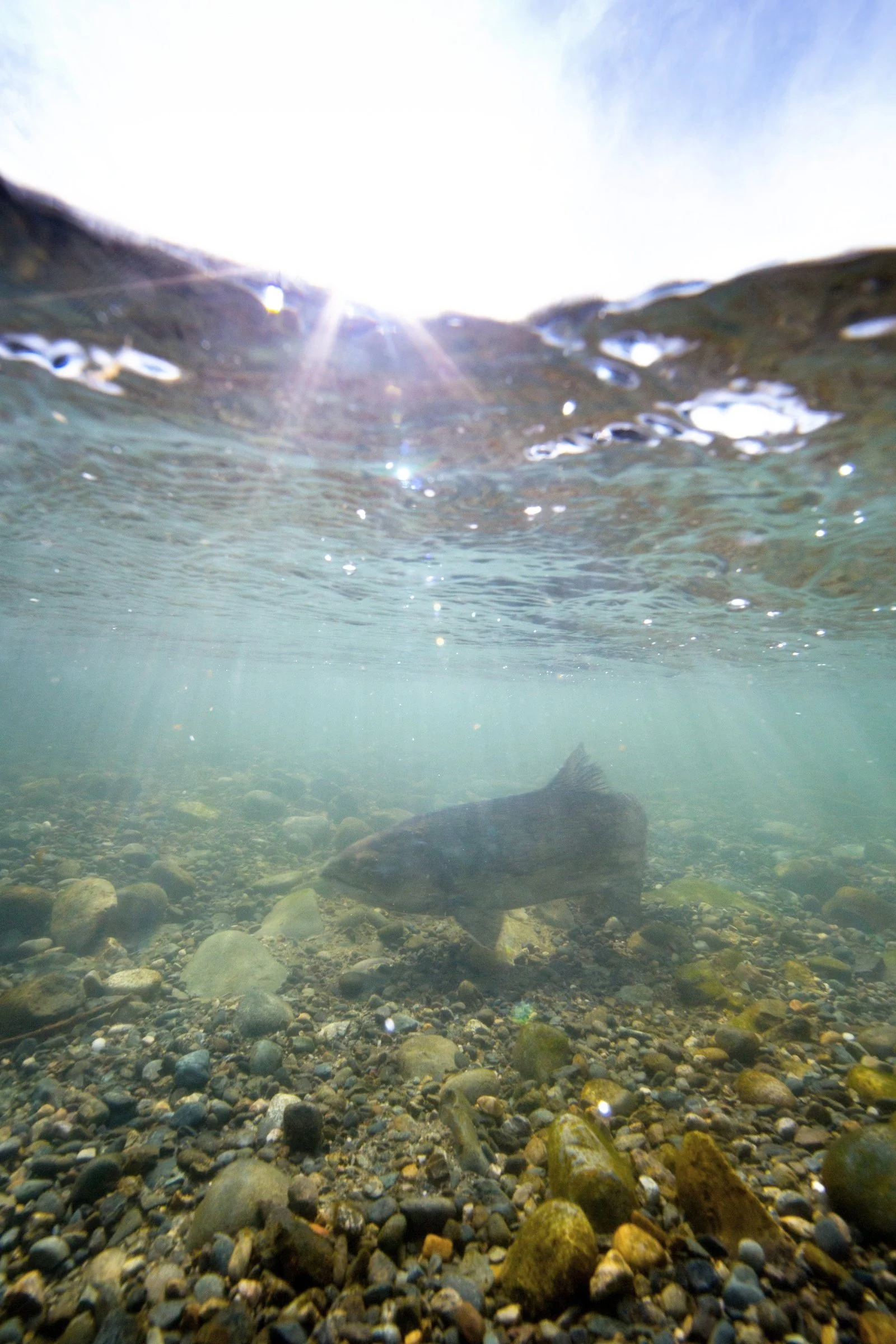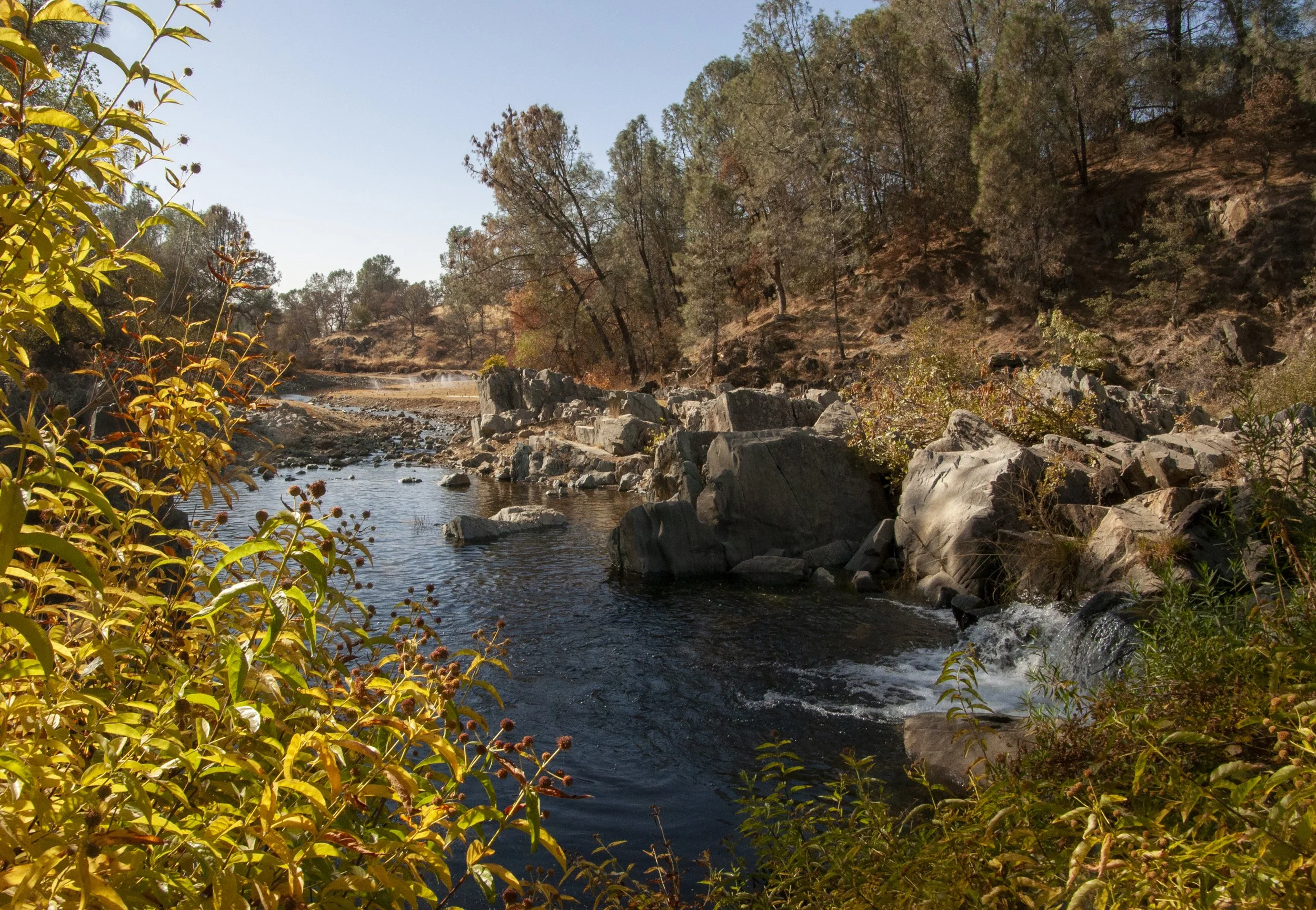From January 29th to 31st, the SMPS Pacific Region Conference brought together marketing and business development professionals from across the A/E/C (Architecture, Engineering, and Construction) industry for three days of learning, networking, and inspiration. Held in a vibrant setting at the Riviera Resort, the conference featured a diverse lineup of sessions and speakers aimed at equipping professionals with the tools and strategies needed to thrive in an ever-evolving industry.
A Deep Dive into the Business Development Track
This year’s conference offered a range of session tracks, including Marketing Leadership, Client Experience, and Business Development. My focus was on the Business Development track, which provided valuable insights into relationship-building, positioning strategies, and the evolving role of business development professionals in securing long-term growth. Some standout sessions included:
· Strategic Positioning for Winning Work – A deep dive into crafting targeted strategies that align with client needs and market trends.
· Leveraging AI for Business Development – Exploring how artificial intelligence is reshaping client interactions and pursuit strategies.
· Mastering the Art of Relationship Building – Insights from industry leaders on fostering meaningful and lasting connections with clients and partners.
Each session provided actionable takeaways, reinforcing the importance of strategic planning and adaptability in business development efforts.
Inspiring Keynote Speakers
The conference featured 3 dynamic keynote speakers (Shannon Miller, Damian Morris, Pete Smith) who set the tone for each day with thought-provoking discussions and industry insights. While the others focused on leadership and resilience, providing invaluable lessons on navigating challenges and fostering a culture of innovation within organizations, one of the most impactful keynotes for me was by Damian Morris who delivered a compelling keynote titled "From Why to Wow: Shaping Your Future with Courageous Curiosity." Damian emphasized the transformative power of asking meaningful questions to drive personal and professional growth. He highlighted how curiosity can challenge the status quo, fuel innovation, and open doors to greater opportunities.
Networking and Building Meaningful Connections
Beyond the sessions and keynotes, the SMPS Pacific Region Conference provided ample opportunities for networking. From structured meet-and-greet sessions to informal gatherings, attendees had the chance to connect with peers, industry leaders, and potential collaborators. Whether over coffee breaks or evening receptions, the conversations were insightful and energizing, reinforcing the value of professional relationships in driving business success.
Final Thoughts
For me, the SMPS Pacific Region Conference was an invaluable experience that provided me with fresh perspectives, innovative strategies, and meaningful connections. The focus on business development deepened my understanding of industry trends and equipped me with new approaches to enhance client engagement and growth. As I return to my daily work, I look forward to implementing these insights and continuing to build strong, strategic relationships in the A/E/C space.
For those considering attending in the future, I highly recommend it—whether you’re looking to sharpen your skills, expand your network, or gain inspiration from industry thought leaders, this conference delivers on all fronts.






































